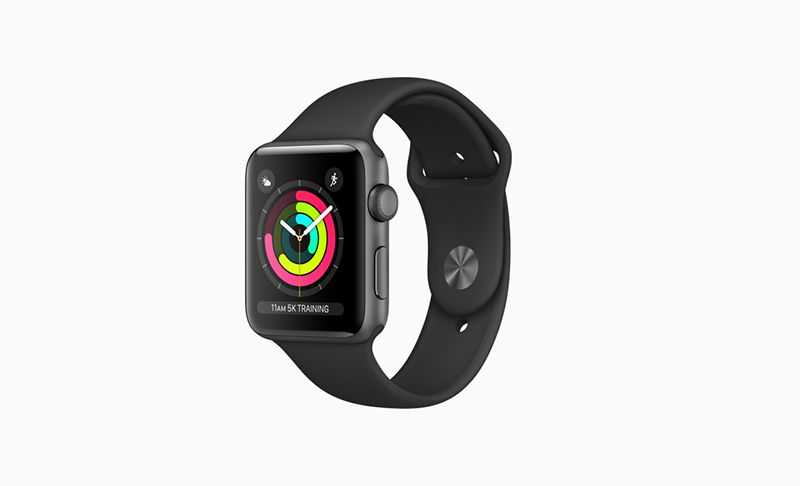Atrial Fibrillation (AFib) is an abnormal heart rhythm characterized by rapid and irregular beating of the atria – the heart’s two upper chambers. The condition can increase your risk of stroke, heart failure and other heart-related complications. Each year in the United States, AFib results in 130,000 deaths and 750,000 hospitalizations, according to the Centers for Disease Control and Prevention.
Read more Medical Professionals Shouldn’t Dismiss Apple Watch’s New ECG App, Here’s Why
In 2017, Apple launched an unprecedented virtual study with over 400,000 enrolled participants to see if the Apple Watch can identify atrial fibrillation. The researchers from the Stanford University School of Medicine just presented preliminary results of the Apple Heart Study which found that wearable technology can safely identify heart rate irregularities that subsequent testing confirmed to be atrial fibrillation.
Each participant in the study was required to have an Apple Watch (series 1, 2 or 3) and an iPhone.
The study compared irregular pulse-detection on Apple Watch with simultaneous ECG recordings, and found that the pulse detection algorithm on Apple Watch has a 71% positive predictive value. Eighty-four percent of the time, participants who received irregular pulse notifications were found to be in atrial fibrillation at the time of the notification.
Among the participants, 34% of those who received irregular pulse notifications and followed up by using an ECG patch over a week later were found to have atrial fibrillation.

Fifty-seven percent of those who received irregular pulse notifications sought medical attention.
“The results of the Apple Heart Study highlight the potential role that innovative digital technology can play in creating more predictive and preventive health care,” said Lloyd Minor, MD, Dean of the Stanford School of Medicine. “Atrial fibrillation is just the beginning, as this study opens the door to further research into wearable technologies and how they might be used to prevent disease before it strikes – a key goal of Precision Health.”
The most recent Apple Watch, which features a built-in ECG, wasn’t part of the study, as it was released after the study’s launch.
The principal researchers in the study were Mintu Turakhia, MD, associate professor of cardiovascular medicine, and Marco Perez, MD, associate professor of cardiovascular medicine. The study was chaired by Kenneth Mahaffey, MD, professor of cardiovascular medicine.









